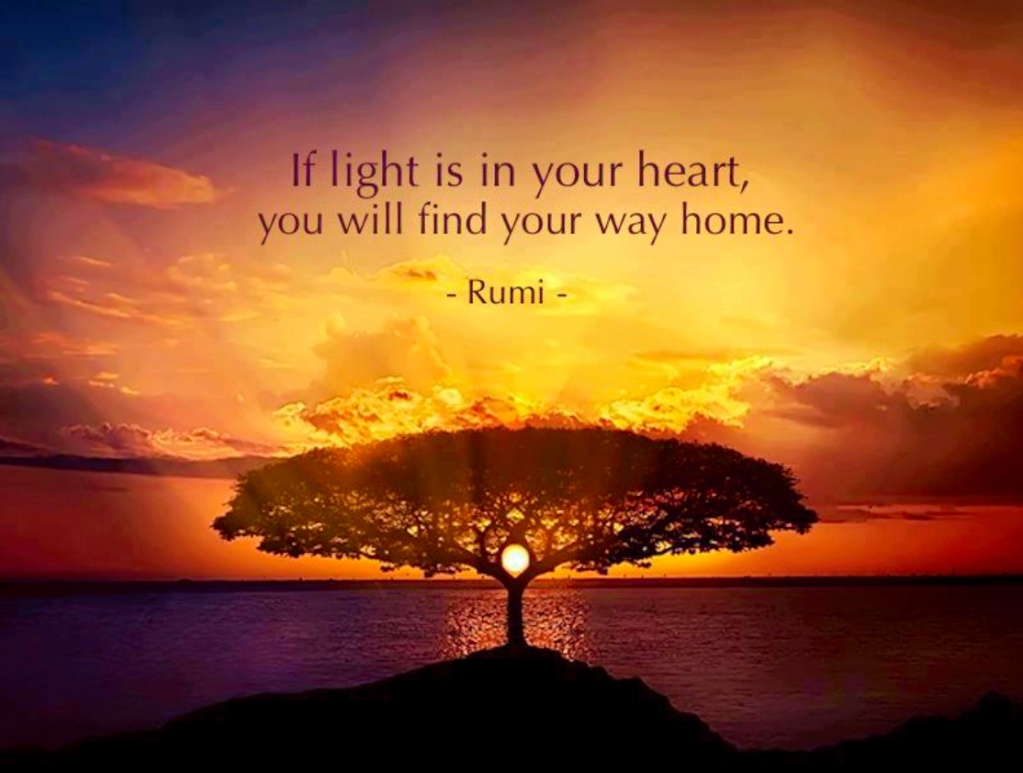Forty Rules of Love combines the past and the present, the east and the west, the good and the bad, the body and the soul just to provide a forceful and spiritual account of how love works within this world. Implicitly, Forty Rules of Love unfolds a Sufi perspective on Islam, the mere opposite of fundamentalism. It is the book of ALL times beautifully written by Turkish inspirational writer Elif Shafak. Forty Rules of Love is a novel, within a novel; it accounts for two parallel stories, each reflecting on the other, across two different periods of time.
The first is about the legendary poet and philosopher Jalal Al-Din Rumi, and how he met his soul mate and spiritual guide Shams of Tabriz-that together incarnates Rumi’s message of love. They went on debating matters of God, the role of man, and the true meaning of Divine love. The hidden message here is that one needs the help of his soul mate to reach the holy truth. Before meeting Shams of Tabriz, Rumi had been self struggling, feeling a sense of incomprehensible emptiness, gaining timely experiences in an attempt to know anything that would help him reach his goal, that is truth. But Shams appeared in Rumi’s life , and together, they seeked the timeless message of love.
The second story is about Ella Rubenstein, a 40 year old unhappily married woman. Her children no longer need her so she starts working as a reader for a literary agency. Her first assignment is to read and evaluate a new manuscript by a man called Aziz Zahara, which is about the spiritual journey of Jaal Al-Din Rumi with his soul mate Shams Tabriz. Ella was taken with Shams’ lessons to Rumi, As she reads on, she realizes that Rumi’s story mirrors her own, and that Aziz like Shams has come to set her free and open up her mind for truth.
Here are some favorite Rules of Love:
Rule 1
How we see God is a direct reflection of how we see ourselves. If God brings to mind mostly fear and blame, it means there is too much fear and blame welled inside us. If we see God as full of love and compassion , so are we.
Rule 2
East, west, south or north makes little difference. No matter what your destination is, just be sure to make every journey a journey within. If you travel within, you’ll travel the whole wide world and beyond.
Rule 3
Try not to resist changes which come your way. Instead, let life live through you. And do not worry that your life is turning upside down. How do you know that the side you are used to is better than the one to come?



![[ File # csp4161416, License # 2263161 ] Licensed through http://www.canstockphoto.com in accordance with the End User License Agreement (http://www.canstockphoto.com/legal.php) (c) Can Stock Photo Inc. / mehmetcan](https://eb8e7f6d53.nxcli.net/wp-content/uploads/2015/01/suuuf-300x300.jpg)
















